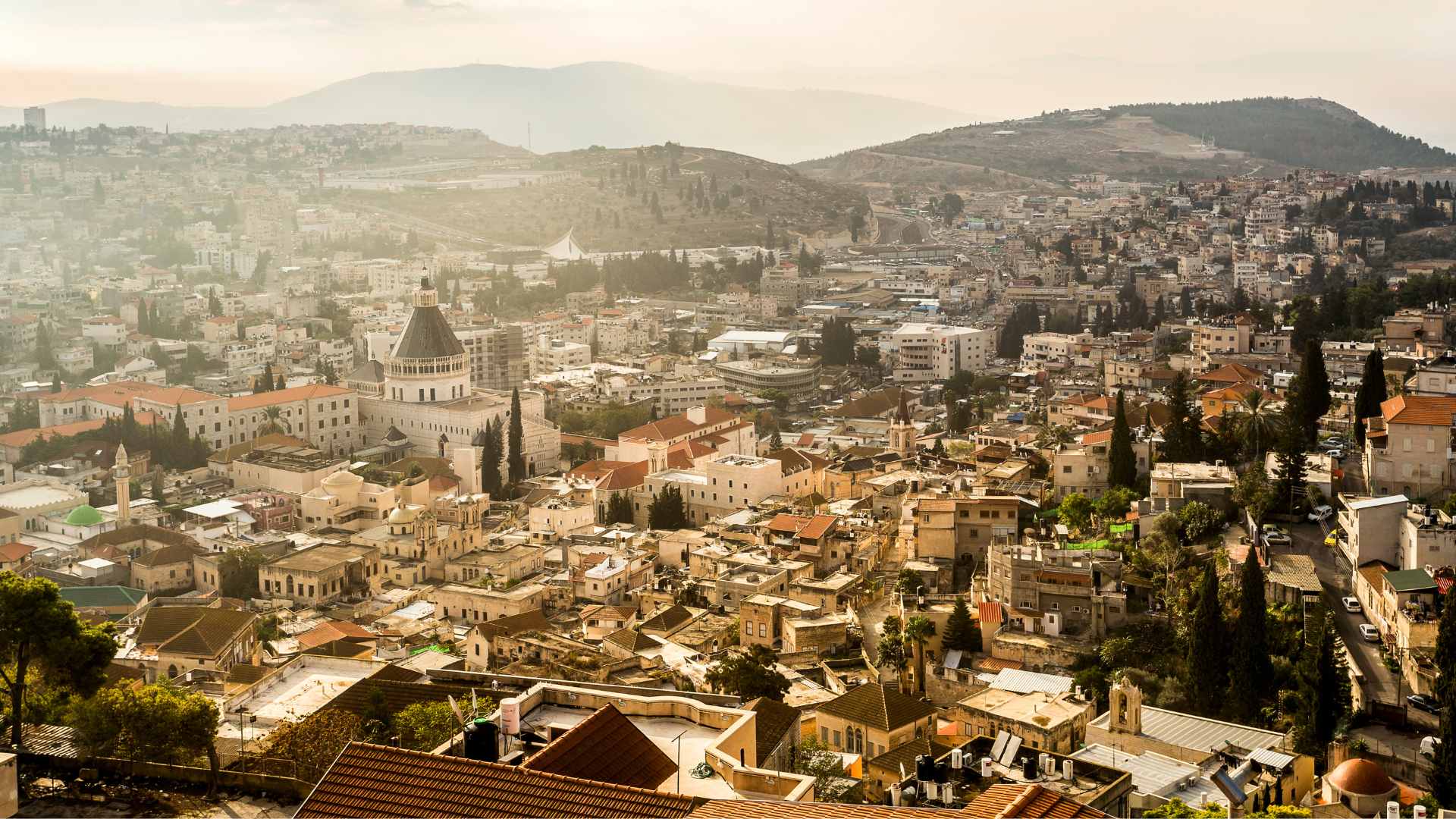In December 2022, the incoming government of the State of Israel was sworn in. Within weeks, the new Justice Minister, Yariv Levin, unveiled his plans for ‘judicial reform.’ That term ‘reform’ is misleading: many Israelis, including civil society organizations and Adam Teva V’Din, would welcome some reforms but not those currently under review because they will limit the authority of the Supreme Court while increasing the power of the government.
The Levin plan proposes multiple reforms. Several of the contentious proposals would directly impact Israel’s environment and environmental protection measures:
- The abolition of the concept of ‘reasonableness’ – the Supreme Court would no longer be able to abolish or disqualify a law or governmental decision that it considers ‘unreasonable.’
- Reducing the right of standing, i.e. the rights of the public and their representatives to present their case in court.
- An ‘override clause’ would enable a majority of Knesset Members to restore any law invalidated by the Supreme Court, including legislation deemed harmful to the environment.
Likely targets in the proposed ‘reforms’ are the Clean Air Law (2008) and other regulatory measures that maintain air quality and oversight of polluting factories while ensuring potable water supplies. At stake are provisions of the Coastline Protection Law (2004) that protects Israelis’ rights of access to public beaches, as well transparency of environmental information, laws relating to protection of nature and nature reserves, protection of natural resources and their conservation for future generations and safeguards disadvantaged groups striving for environmental and climate justice.
Let’s look deeper at the two reforms most likely to unravel Israel’s environmental protections:
The concept of ‘reasonableness’
The concept of reasonableness is an essential working tool in environmental litigation. The law grants regulators powers of discretion, but there are limits to discretion. The application of the concept of reasonableness defines discretionary limits and prevents arbitrary use of governmental power. Theoretically, on the path of the absurd, what prevents the government from deciding on the establishment of a pub complex on the Temple Mount, or on the construction of a ‘floating mall’ that destroys the coral reserve in Eilat? It is clear that legal brakes are necessary to enable the court to weight decisions of this type and to ensure that the government strikes a proper balance among various public interests.
Therefore, the cancellation of the concept of reasonableness would grant the government a free rein to make arbitrary and offensive decisions, with Israel’s environmental protection likely to be an early victim. Moreover, cancellation of the concept of reasonableness is a serious injury to the ‘little citizen’ – that person whose home is surrounded by an invasive construction project and a road unnecessarily built on natural and recreation spaces used by him and his family, for example.
Those who wish to cancel the concept of reasonableness will also be free to rollback hard-won legal rulings, and will be able to say NO to environmental rights and safeguards such as:
- Free entry to public bathing beaches, as stipulated in High of Justice 5824/05, Adam Teva V’DIn v. Minister of the Interior;
- Limits on construction of residential neighborhoods on polluted land, as stipulated in Adam Teva V’DIn petition 4753/19;
- Protection of natural resources and the guarantee of transparency regarding their use, as stipulated 45845-04-21 Adam Teva V’Din v. the Tax Authority;
- Provisions for clean air and the government’s commitment to prepare a National Air Quality Strategy, as determined by the High Court of Justice 8187/20 Adam Teva V’Din v. the Government of Israel;
- The duty of the authorities to examine planning alternatives before approving plans in areas with environmental sensitivity (High Court of Justice 9409/05 Adam Teva V’Din v. Government Committee for Accelerated Housing);
- Protection of the public’s right to participate in planning procedures (High Court of Justice 288/00 Adam Teva V’Din et al. v. The Minister of the Interior, and 10112/02 Adam Teva V’Din et al. v. The Jerusalem District Committee for Planning and Construction).
- Limits on invasive development launched without prior environmental impact assessments, such as the pristine natural desert at Timna (ATM 264/08 Adam Teva V’Din v. the Southern District Committee);
- Protection of the Dead Sea and limits on exploitation of natural resources by Dead Sea Works (Ak. 14047-06-15 Adam Teva V’Din v. the Water Authority);
- Non-transparent and uncontrolled expansion of petrochemical industries like in Haifa Bay (2677-18 Adam Teva V’Din v. The National Council for Planning and Construction).
The right of ‘standing’
The right to standing is of particular importance in the environmental context, since nature does not have a voice of its own, and usually there is no one individual direct victim that can file a petition against destruction of rare habitats, the dismemberment of an ecological corridor, or construction on public beaches. The ‘right of standing’ is gives Adam Teva V’Din and the public access to the legal courts in cases where the government harms the environmental interest in contradiction to the law.
Environmental organizations struggle every day with powerful economic forces and polluting industries – and the right of standing gives Adam Teva V’Din and others the right to make their case in the courts, and to narrow the gap between the interests of the polluters and the environmental interest.
The Supreme Court has recognized this status over the years. An early example of the many legal achievements secured for the benefit of the environment in Israel is Adam Teva V’Din’s case against construction on the Carmel Beach in Haifa that prevented the access of the public as a whole to the beach, and did not touch the case of a specific petitioner. Thanks to our right of standing, the Supreme Court heard our case and ruled that the public’s right to beaches prevails over developers’ proprietary rights (High Court of Justice 1054/98).
Reducing the right to protest through legislation is likely to reduce civil society’s scope represent the public interest in the environmental field. Instead of winning a decision in the courts based on evidence and arguments on the merits, hearings will not take place at all, since the proceedings would be dismissed outright due to the lack of standing. Therefore, from an environmental perspective, reducing the right of standing is an offensive and destructive move that grants a clear and unfair advantage to entities with narrow interests over those who wish to protect the broad public interest. In other words, the right to standing of parties with economic and commercial interests (contractors, industry, polluters, etc.) will be upheld, but the voice of those who seek to protect nature and the environment will be silenced.
In conclusion
The proposed changes in the legal system are likely to inflict serious harm the protection of nature and the environment in Israel. These changes are inconsistent with accepted norms in advanced Western democracies. Such norms include judicial review of administrative decisions, including for reasons of reasonableness, the opportunity to submit petitions and lawsuits in environmental matters, and of course a constitutional limitation of the governmental power, anchored in the Basic Law of Civil and Human Rights that the government is obliged to respect.
Over the years, Adam Teva V’Din has been able to maintain a respectful and fruitful dialogue with all Israeli governments and to cooperate with members of the Knesset from the right and the left, from all parties and sectors. Preserving nature and the environment is a pan-Israeli interest that unites different publics and audiences around common goals. This is exactly why at Adam Teva V’Din, we always say: damage to the environmental interest is damage to the Israeli public.





